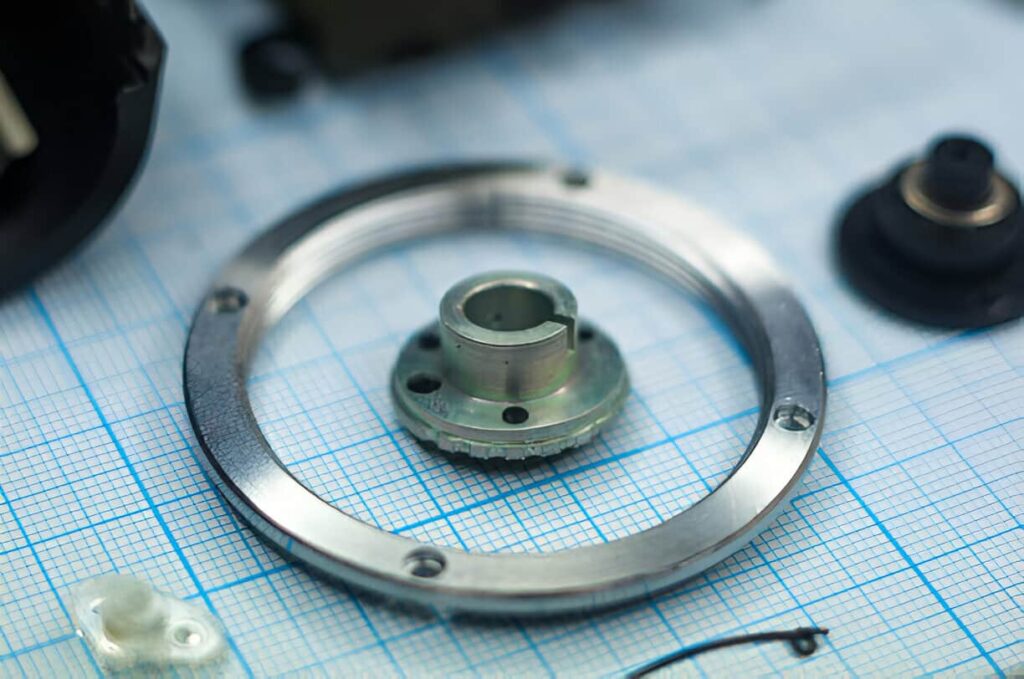The engine is the primary part of the machine when it comes to vehicle maintenance and performance. Among the numerous components that ensure the engine runs smoothly, the piston plays a crucial role. These small but mighty rings provide the necessary seal between the piston and the cylinder wall, controlling oil consumption and ensuring optimal compression.
Choosing the right piston rings is vital for maintaining your engine’s health and performance. The material used for them can significantly impact their durability, efficiency, and overall functionality. This article will explore its materials and help you determine which is best suited for your vehicle.
Cast Iron
Cast iron is one of the most commonly used materials. Known for their excellent wear resistance and durability, they are favored in various engines, from everyday commuter cars to high-performance vehicles. The material’s strength allows it to maintain a good seal over a long period, even under harsh operating conditions.
One of the primary advantages is their ability to conform to the cylinder walls during the break-in period. This adaptability ensures a tight seal, which is crucial for maintaining compression and preventing oil leakage.
Steel
Steel is another popular material used, particularly in modern engines. They are typically coated with additional materials, such as chrome or nitrides, to enhance their wear resistance and reduce friction. These coatings help improve the rings’ performance and longevity, making them a reliable choice for high-performance and heavy-duty applications. They are generally more robust and resilient than cast iron, offering better resistance to high temperatures and pressures. This makes them ideal for turbocharged and supercharged engines operating under extreme conditions.
Molybdenum-Coated
Molybdenum, often called “moly,” is commonly used to coat it. They are known for their excellent wear resistance and lubricating properties. The moly coating creates a porous surface that retains oil, reducing friction and improving the piston and cylinder wall seal.
They are particularly well-suited for high-performance and racing engines, where minimizing friction and maximizing efficiency are critical. Furthermore, the moly coating helps reduce the wear on both the rings and the cylinder walls, extending the lifespan of the engine components.
Chromium-Coated
They are another option, offering excellent wear resistance and corrosion protection. The hard chrome surface provides a smooth finish, reducing friction and enhancing durability. This makes chromium-coated engines a good choice for those operating in harsh environments or requiring extended maintenance intervals. Although this piston rings material offers many benefits, breaking in can be more challenging than other types. Moreover, the hard surface may take longer to conform to the cylinder walls, requiring a careful and extended break-in process.
Ceramic-Coated
Ceramic coatings are relatively new but have quickly gained popularity due to their exceptional thermal properties and wear resistance. Ceramic-coated can withstand high temperatures, making them ideal for high-performance and racing engines. The coating also provides a low-friction surface, improving efficiency and reducing wear.
Moreover, they offer superior protection against thermal expansion and can help maintain consistent performance even under extreme conditions. However, ceramic-coated can be significantly more expensive than other types, making them a specialized choice for those seeking the highest level of performance and durability.
Choosing the correct piston rings for your vehicle depends on various factors, including the type of engine, operating conditions, and performance requirements. Each material offers unique advantages that cater to different needs. By understanding the properties of each piston ring material, you can make an informed decision that ensures the longevity and efficiency of your engine, ultimately keeping your vehicle running smoothly.



